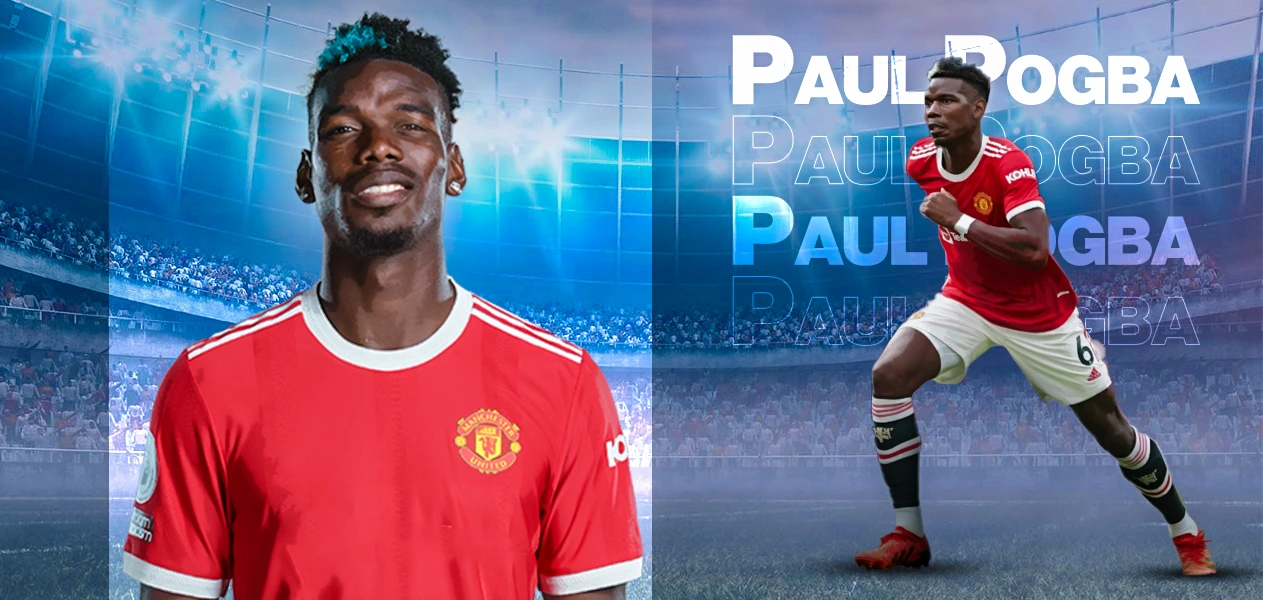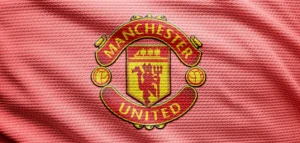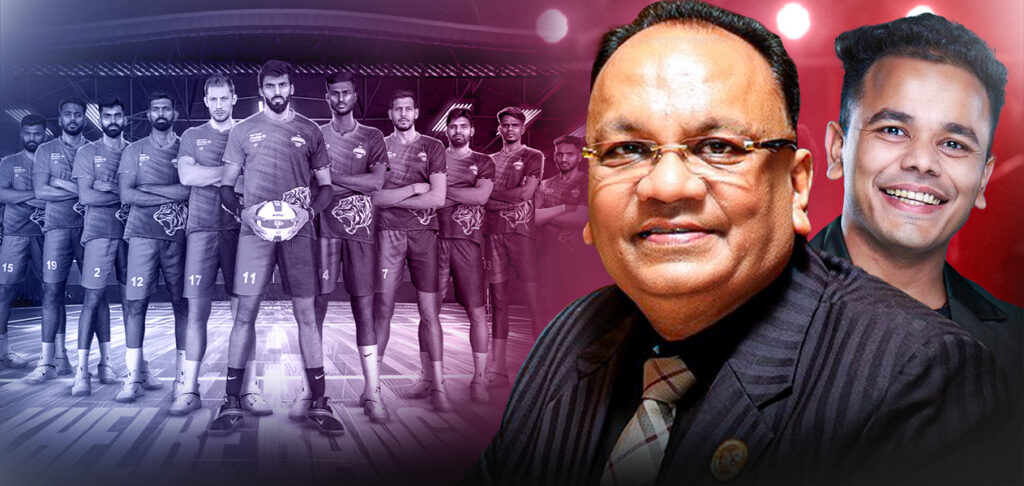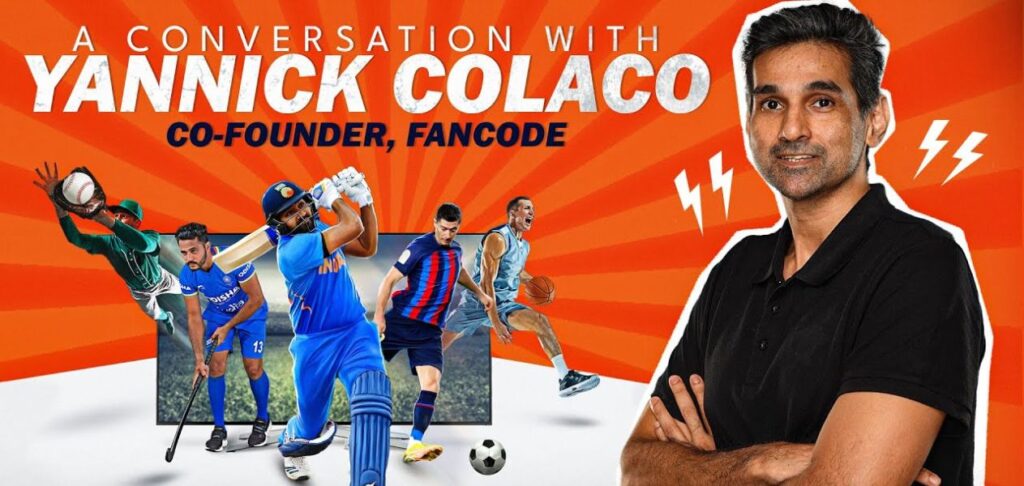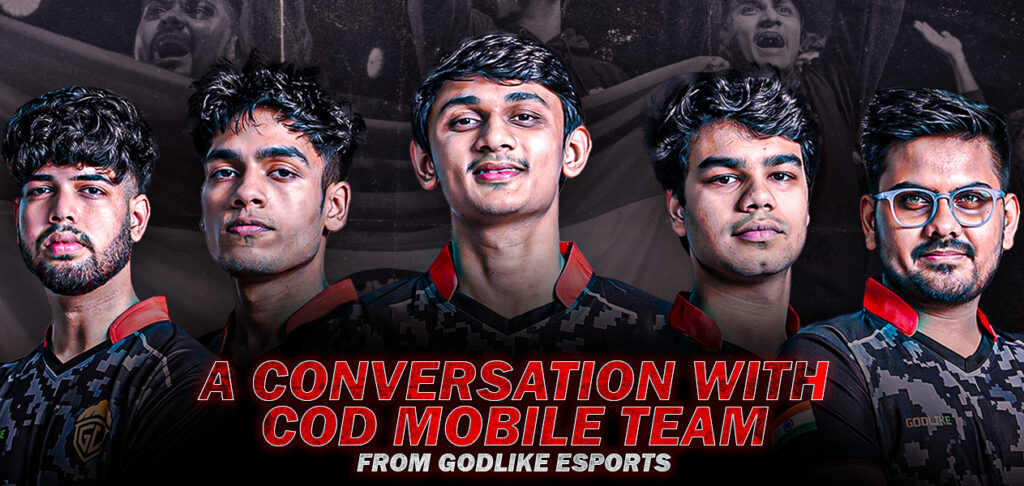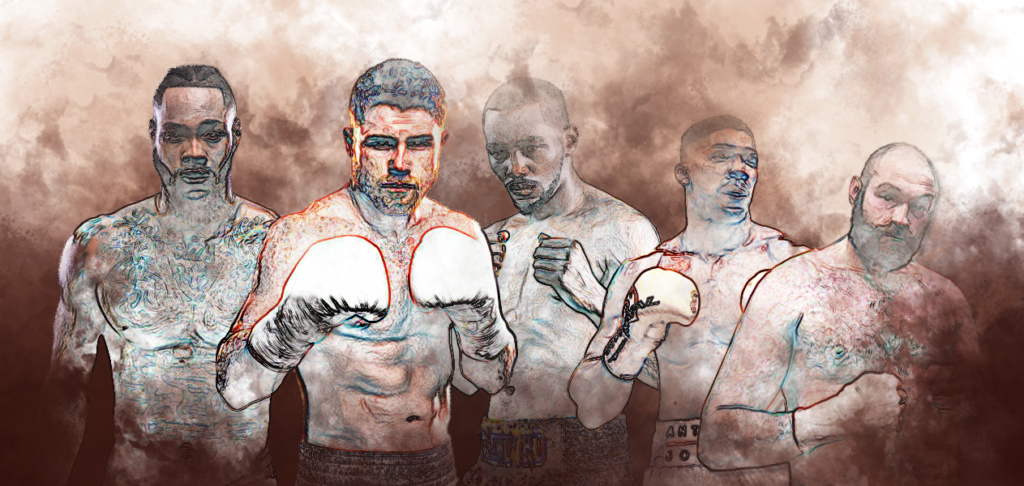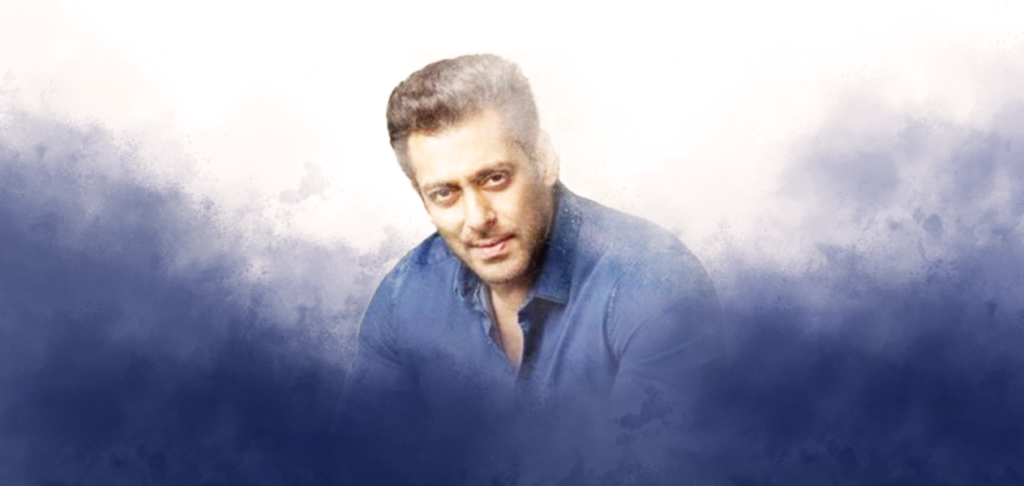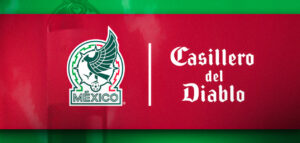Heroics. Hairstyles. Headlines. Everything Paul Pogba does brings attention; attention that brings scrutiny; scrutiny that brings criticism. In nearly a decade-old senior career, Paul Pogba has won almost all the major accolades there are out there, and yet there’s a sense of frustration around him – that he doesn’t seem to be performing up to his potential. Is it Paul Pogba’s fault, or is it ours?
OVERVIEW
When it comes to splitting opinions, there are very few footballers in the world who can match Paul Pogba. Whether he is on the pitch or off it, Pogba attracts attention no matter what he does. Some frustratingly love him, others love to be frustrated by him. A World Cup winner with France, Pogba was hailed a world beater at Juventus, but at Manchester United the opinion has generally been underwhelming. Why is that?
In its simplest form, the answer is monoparolic – perspective. Let’s explore that a little more.
UNLOCKING POGBA
Ever since he came back to United, the most common question regarding Pogba has been, “How do you unlock him?” The general idea has been that you bring in the right players to build a team around Pogba – making him the centrepiece of your game – to get the best out of him. While it is true to a certain extent, there’s a subtle distinction to what everyone has deemed needs to be done and what actually needs to be done, and that makes all the difference. In essence, you don’t build a team around Paul Pogba; you build a team beside him.
Allow me to explain. Paul Pogba is one of the most complete footballers around. He has the long legs to move him quickly across the pitch, the technique to skilfully move the ball around and take the occasional shot, the vision to pick passes anyone hardly sees coming, and a knack for sniffing out opposition passes and making a decent tackle, even though he openly confesses to not like defending. The only caveat here is that he must be allowed to run amok, unburdened by the positional and tactical intricacies. Sure, some players blossom when bestowed with more instructions, but others don’t; Pogba falls in the latter category. Rigidity does not flatter his intelligence.
At first glance, this might seem like a pejorative remark on Pogba’s preferred style of play. You might even consider him lazy, and that’s fine! There are players you like and players you don’t like – something that stands sensationally true in case of Paul Pogba. However, it’s not as simple as that. Pogba is a player that thrives best when not being entirely dependent on for his team’s performances – even emerging as a leader. If mistakenly made as the centrepiece, he can sometimes become a liability, but when used correctly he can be one of the most lethal weapons one could have in their arsenal – an unpredictable, “outside of the box” variable that cannot easily be solved by the opposition in real-time.
Opinions aside, let’s look at some basic numbers here.
- For the French Men’s National Team, Pogba has made 75 appearances (5,832 minutes), scoring 10 goals and making 7 assists; a goal/assist approximately every 343.06 minutes.
- For Juventus, Pogba played 178 games in all competitions (14,068 minutes), scoring 34 goals and making 40 assists; a goal/assist approximately every 190.11 minutes.
- So far for Manchester United, Pogba has played 184 games in all competitions (14,192 minutes), scoring 34 goals and making 36 assists; a goal/assist approximately every 202.74 minutes.
(Stats courtesy – Transfermarkt)
With nearly same numbers for direct goal contributions over two clubs, one era is hailed a massive success, while the other a disappointment. Let’s debunk that furthermore.
At Juventus, Paul Pogba was a young, exciting starlet that the Old Lady snapped up for free. Playing in a defensively astute side boasting the likes of Giorgio Chiellini, Leonardo Bonucci and Andrea Barzagli that would go on to dominate Italian football for many years to come, Pogba flourished alongside his midfield partners Andrea Pirlo, Claudio Marchisio and Arturo Vidal – acute operators who took care of the positional responsibilities, so he didn’t have to.
Another reason why people tend to look at Pogba’s time at Juventus with rose-tinted glasses is quite simply, hindsight. For all its might, Serie A does not even come close to the Premier League when it comes to viewership on a global scale, that too a pre-Cristiano one. Also, Pogba left a Juventus side with four consecutive Serie A medals, along with two Supercoppa Italiana and Coppa Italia ones each. For better or worse, silverware ensures your name be pronounced even more prominently in the pages of history.
Speaking of trophies, in the France men’s national side that won the World Cup two years ago, Pogba had midfield companions in N’Golo Kanté, one of the best defensive midfielders in his prime, along with the likes of Corentin Tolisso, Blaise Matuidi, and Steven Nzonzi, supported in the attack by Olivier Giroud, Kylian Mbappe, and Antoine Griezmann, under a coach in Didier Deschamps who really enjoys his defensive players (the likes of Blaise Matuidi and Moussa Sissoko often play out wide) – perfectly set up for Pogba to not only do his thing, but also emerge as a leader in his own right.
When he re-joined Manchester United, Pogba became the most expensive player in world football, not only returning to one of the most watched leagues across the world, but to a club with a fanbase as big and divisive and opinionated as United’s. The free-flowing Frenchman that thrived in Italy now found on his shoulders massive expectations and responsibilities – to spearhead the renaissance of one of football’s greatest gradually-deteriorating giants. Despite a league cup and a Europa League medal, the odds were already stacked heavily against Pogba, and a lot had to work in his favour for the €105 million price tag to be justified. In reality, not a lot did.
WHAT SHOULD POGBA DO?
The short answer is that Paul Pogba should leave Manchester United next summer.
Let’s look at Pogba’s side of the equation. You return to your boyhood club aged 23 as the world’s most expensive player with the world at your feet. With that price tag, you’ve been made a lot of promises and given a lot of responsibilities; expectations that the club will turn its mediocre phase around with you at its centre. While there are some things you can do, most of the things happening at the club are out of your control. You have a lot more eyes on you that big brings a lot more scrutiny. From working under a manager that doesn’t suit your preferred style of play to added vigilance over your fitness because of issues with the club’s medical staff, you have your work cut out. Yet, some success follows, and as far as your own performances are concerned, they’re not too dissimilar than the ones that got you this transfer in the first place. Soon enough, four and half years pass, and you now find yourself accelerating towards 28 years of age by the time your fifth season ends. You look around yourself and assess your situation. Despite some positive glimpses, you realise that the club is essentially plagued by the same issues that existed when you arrived nearly half a decade ago. Issues you can do very little about. Issues that indicate stagnation. A footballer’s career lasts only few years, and fewer are the big-time opportunities that arrive at one’s feet. As you reach your advanced years, with your current employer in the state it’s in, and seemingly better opportunities on the horizon, would you at least, for your own sake, not consider other options?
On the other hand, let’s look at Manchester United’s side of things. After almost five years, they finally realise that Paul might not be the player they thought they were buying. Recent history aptly teaches us that big money transfers (north of £100m) seldom pay off; just ask Barcelona. For better or worse, Pogba’s performances over the past four years seem underwhelming with respect to the price paid for him. Sure, on his day, Pogba is an unstoppable world-beater, but can be rather pedestrian when it doesn’t go his way. Given their current predicament, United need a player that can at least give a solid 7/10 performance week in, week out. More importantly, Pogba’s case looks weaker in contrast to the performances of Bruno Fernandes, who has become United’s best player within a year after his arrival, embracing expectations and responsibilities, and leading the team through his attitude and performances.
Moreover, Pogba’s contract situation further mandates United to make a decision quickly. After he started talking about a potential move to Real Madrid as a “dream”, the club unilaterally activated the one-year extension on his contract that was agreed back when they signed him. Also, Pogba’s agent, Mino Raiola, has already openly affronted the club by admitting his client ought to move to greener pastures. With a £60m price tag being rumoured around, United effectively have the next summer’s transfer window to sell Pogba and get some money in return, for come January 2022, he’ll be eligible to directly talk to other clubs for a free transfer ahead of the 2022-23 season. United’s recent acquisitions have been promising, but there’s a lot more work to be done on that front. How much they can spend on players depends directly on them selling some of theirs first. With both Pogba and United looking to part ways the club has very little time to decide, and they don’t seem to have many options either.
WHERE COULD POGBA GO?
Let’s look at the three likeliest destinations for Paul Pogba – Real Madrid, Juventus, and Paris Saint-Germain (PSG).
Pogba has already hailed a prospective move to Real Madrid a “dream”. Real’s current manager, Zinedine Zidane, is an avid fan of Pogba and well-renowned for his ability to work with superstar personalities. Him being at the club is crucial for this move to happen, but that is something that can not be guaranteed at the moment. With a patchy start that saw Los Blancos almost not make it into the knockout stages of the Champions League, Zidane has already had a few close calls. While he has been able to steady the ship for now, Real’s history of ruthlessly disposing their managers means he’ll always be a defeat away from a major crisis.
Silverware will be a crucial factor in deciding whether Zizou remains at the helm next season, and he needs to be there for this move to remain likely, because Real aren’t exactly plush with money at the moment. The COVID-19 pandemic has hit everyone financially, even a club like Real Madrid, who refrained from making any major signings last summer. Moreover, as much as they like bringing in Galácticos, Real’s recent big-name signings – the likes of Eden Hazard (€100 million), Luka Jovi? (€60 million) and Éder Militão (€50 million) – have barely made any impact, leaving the club having to rely on veterans – the likes of Karim Benzema (33), Luka Modri? (35), and Sergio Ramos (34) – making Real more careful for the next time they decide to spend big. 18-year-old French starlet Eduardo Camavinga looks set to move to Real in the summer, with a certain Kylian Mbappe generally presumed to be destined to become a Galáctico sooner or later, meaning for Pogba to move there the manager would have to convince President Pérez of being able to get Pogba to perform consistently – something that has proved to be quite a challenge.
Juve have openly expressed their love for Pogba ever since he returned to Manchester United. The Frenchman has also talked fondly of his time in Turin, indicating that he’d be happy to return there should a move materialise. Club chairman Andrea Agnelli also likes Pogba from his time at the club, giving Pogba’s prospective move to Italy a lot more substance compared to a move to Spain.
On the other hand, Juventus have been trying to reduce their wage bill over the past couple of transfer windows. Despite being absolutely brilliant, Cristiano Ronaldo’s signing has proved to be rather costly, with the club now looking to make proper reinforcements all over the pitch. For a transfer to happen in the summer, there is little chance Juve would like to spend the kind of money United would ask, but a player swap has been rumoured over the past months, with the likes of Douglas Costa, Aaron Ramsey, Paulo Dybala, and Ronaldo himself touted to be offered. The Red Devils do need the money, but would not shy away from the prospect of a big-name acquisition.
While it is very likely to see Paul Pogba representing the bianconeri again, it is not a move that either party would desperately seek to complete in the summer. Pogba will be 29 – very much in the prime of his life – when his current contract with Manchester United expires in June 2022. Come January 1 next year, Pogba will be able to talk to other clubs directly over a free transfer, something we all know Juve enjoy, making it unlikely for them to be rushing for a move in the summer, when they could just wait a few more months to snap him up for free (again!). Moreover, Serie A is well-proven for veteran players well over 30 to prolong their careers at the top level, so even if Pogba’s immediate future were to lie somewhere else, he could easily move to Turin further years down the line and still perform well.
Paris. Home. Guaranteed silverware. There is very little to indicate how or why Pogba wouldn’t succeed at PSG. Yet, there have been very few voices, if any, linking Pogba to a return to France, primarily because the player himself has said little on the matter.
Having recently appointed Mauricio Pochettino as their manager, a move for Pogba currently looks unlikely. A Bielsa disciple, Pochettino’s famous for his gruelling training sessions that prepare his players to run their socks off on the pitch. At first glance, Pogba doesn’t appear to be an ideal Pochettino signing, but PSG already have industrial, defensively astute players in Ander Herrera and Idrissa Gueye who when coupled with box-to-box operators like Leandro Paredes and Marco Verratti can provide a solid base for Pogba to freely operate on, behind the likes of Neymar, Kylian Mbappe, Mauro Icardi, Ángel Di María and Moise Kean. Inconvenient perhaps, but doable if the manager puts his mind to it.
Somewhere Else?
Out of the question? No. Money has been an issue for clubs throughout, so I wouldn’t rule out a surprise 11th-hour contender swooping in for Pogba. Manchester United need the money, so if he is to leave in the summer, they will be wise to consider to all options.
VERDICT
By the virtue of his personality, Paul Pogba is someone who will always garner attention and divide opinions. You might like or dislike his style of football, but you cannot deny his talent. While to some his football can appear lazy, the right coaches who understand the subtle distinction between “building a team around Pogba” and “building a team beside him” know the potential of his wit and have benefitted from it.
It may have taken Manchester United four and a half years, but they’re finally coming to terms with the fact that Paul Pogba is slightly different than the player they thought they were buying. Once realised, it is only right to take the next step – cordially decide to part ways in the best way possible. The expectations and perception we have of Paul are not his fault; in his own right he is a magnificent footballer. He has had his moments as a Red Devil, and he will have some more while he’s at the club. With a lot more years ahead of him, I’m confident that we’re yet to see the very best of Paul Pogba.
Written By
Anshuman Joshi

